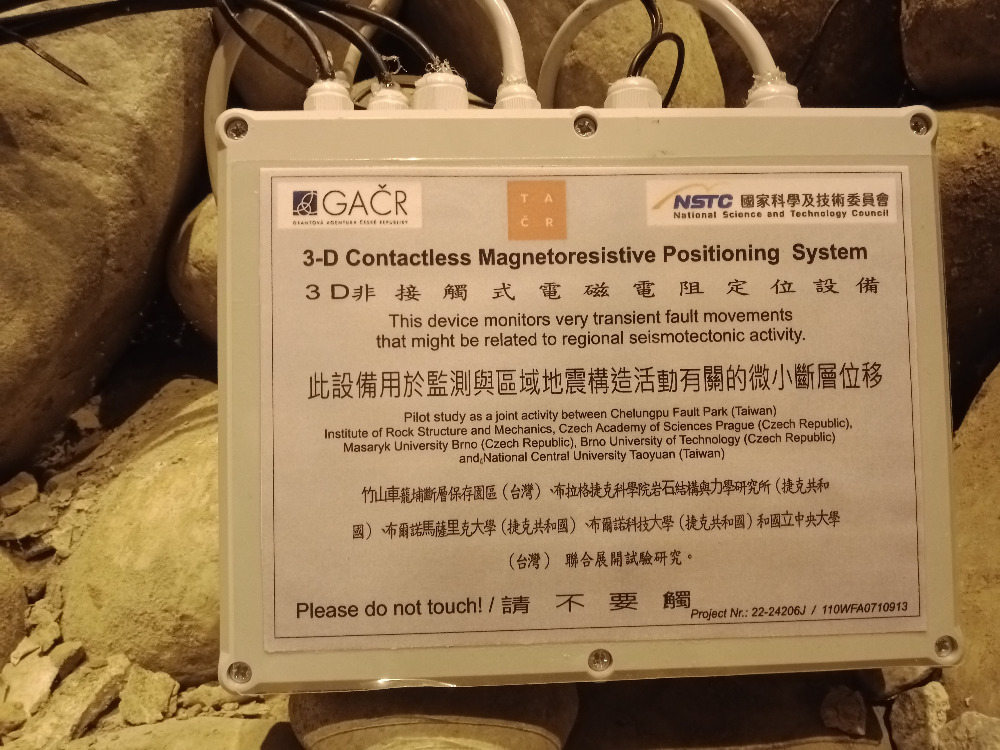Co-seismic landslides are dangerous secondary effects of earthquakes, but any comprehensive method to distinguish them from the rainfall-triggered ones is still missing. Based on our experience gained in Taiwan and other regions, the seismic triggers lead to intense and rapid rock-mass disintegration and high mobility, and therefore we assume that they might be differentiated from their rainfall-triggered counterparts by a number of morphological and structural properties. To test this hypothesis, we will examine present-day landslides in a very active setting with well-known and intensive rainfall and EQ triggers in Taiwan by using a unique combination of novel and well-established geological, morphometric, statistical, and numerical methods, and compare them with slides in a tectonically similar region of the Outer Western Carpathians in the Czech Republic, where both types of triggers are possible, but less intensive and historical information does not allow to distinguish them. The project offers an outstanding opportunity to integrate the expertise from Czechia and Taiwan.
The aim of the project is to develop a structural-morphometric methodology for distinguishing landslides activated by earthquakes and rainfall and to enable the knowledge of prehistoric seismogenic events in the area by comparing landslides and their triggers in the analogous flysch mountains of the Outer Western Carpathians and Taiwan.
22-24206J, International Project - the Ministry of Science and Technology (MOST, Taiwan)
The Czech Science Foundation (GACR)
2022-2024
Dr. Ivo Baroň
Institute of Rock Structure and Mechanics of the CAS
Dr. Rostislav Melichar
Masaryk University, Department of Geological Sciences
Dr. Jia-Jyun Dong
National Central University, Graduate Institute of Applied Geology, Taiwan
National Changhua University
National Science and Technology Council

